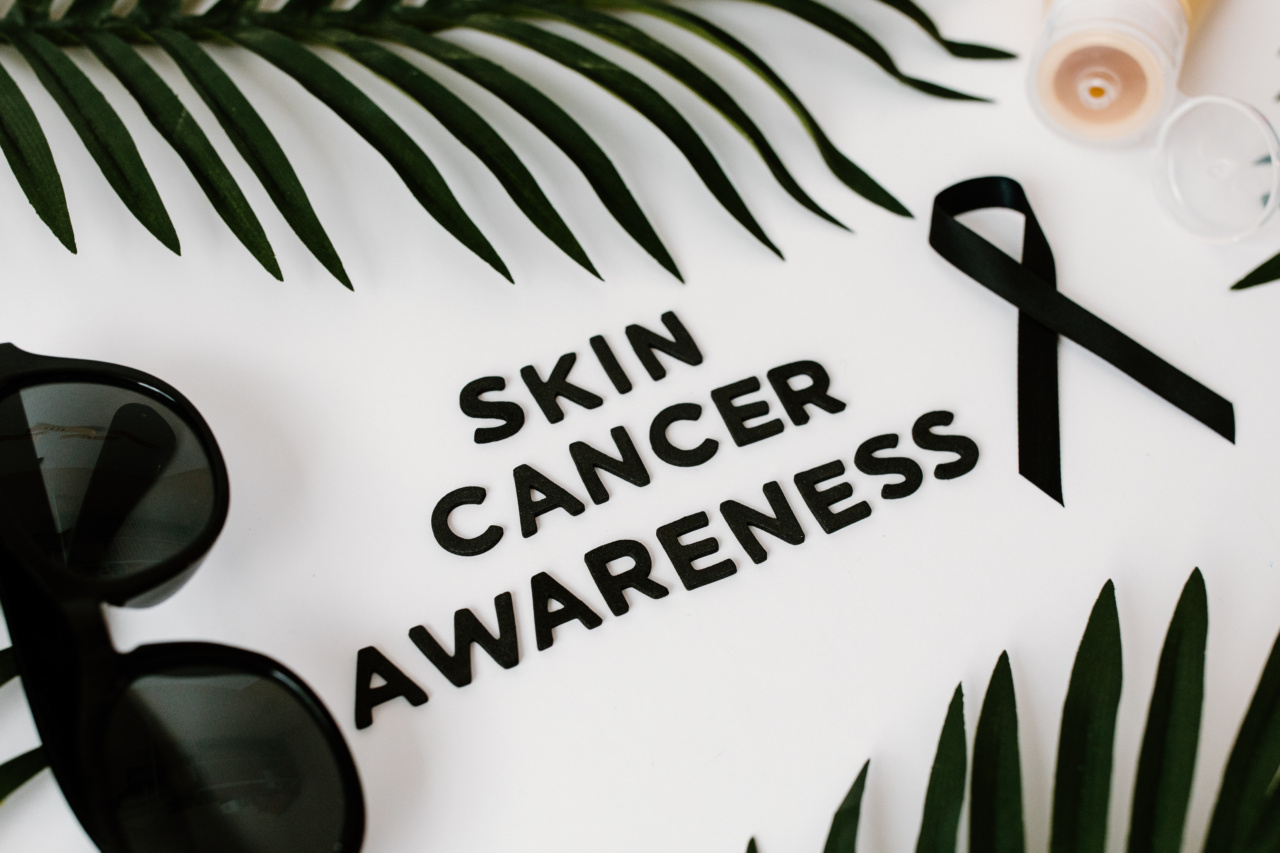According to recent research, scientists have discovered a gene that is closely linked to the effectiveness of sunscreen in protecting against skin cancer.
This breakthrough has the potential to significantly enhance the treatment of skin cancer and provide new insights into the development of preventative measures. With skin cancer being one of the most common and dangerous types of cancer, any advancements in its treatment are crucial.
The importance of sunscreen in preventing skin cancer
Before delving into the gene linked to sunscreen effectiveness, it is important to understand the significance of sunscreen in preventing skin cancer.
Skin cancer is primarily caused by exposure to ultraviolet (UV) radiation from the sun or tanning beds. Sunscreen acts as a barrier, protecting the skin from these harmful UV rays.
Regularly applying sunscreen, especially one with a high SPF (Sun Protection Factor), is crucial in preventing skin damage and reducing the risk of developing skin cancer.
However, not all individuals respond equally to sunscreen, with some people still experiencing increased skin damage despite using sunscreen regularly. This inconsistency sparked the curiosity of scientists to investigate the underlying genetic factors.
The discovery of the gene related to sunscreen effectiveness
In a groundbreaking study published in the Journal of Dermatological Science, researchers identified a gene called PTCH1 that appears to influence the efficacy of sunscreen in protecting against skin cancer.
The PTCH1 gene is responsible for producing a protein that plays a crucial role in regulating cell growth and preventing the uncontrolled growth of cancer cells.
Through the study, scientists discovered that individuals with certain variations of the PTCH1 gene had a significantly higher rate of skin damage and were more prone to developing skin cancer despite consistent sunscreen use.
This finding suggests that genetic factors may play a key role in an individual’s response to sunscreen and their susceptibility to skin cancer.
Implications for skin cancer treatment
The discovery of the PTCH1 gene’s association with sunscreen effectiveness has significant implications for skin cancer treatment.
By understanding the genetic factors that influence an individual’s response to sunscreen, researchers can develop customized treatments and prevention strategies.
One potential application is personalized sunscreen formulations tailored to an individual’s genetic makeup.
By analyzing an individual’s PTCH1 gene, doctors can determine their specific sunscreen needs and recommend the most effective product for their skin type. This approach can maximize the protective effects of sunscreen and reduce the occurrence of skin damage and skin cancer.
Furthermore, this research opens up avenues for targeted therapies in the treatment of skin cancer.
The PTCH1 gene’s involvement in regulating cell growth and preventing cancer suggests that targeting this gene or its associated pathways could lead to more effective treatment options. By designing drugs that specifically target the PTCH1 gene, scientists may be able to stop the growth of cancer cells and provide more successful outcomes for skin cancer patients.
Further investigations and challenges
While the discovery of the PTCH1 gene is an exciting breakthrough, further research is necessary to fully understand its role in sunscreen effectiveness and skin cancer development.
Scientists aim to explore other genes and genetic variations that may interact with PTCH1 in influencing an individual’s response to sunscreen.
Additionally, challenges exist in translating this research into practical applications. Developing personalized sunscreen formulations based on an individual’s genetic profile requires extensive testing and validation.
The availability and accessibility of such personalized sunscreens also need to be considered to ensure widespread benefits.
Finding targeted therapies that exploit the PTCH1 gene’s role in skin cancer treatment may also take time and additional investigations.
Clinical trials and rigorous testing are essential to determine the safety and efficacy of any potential drugs or therapies developed based on this new discovery.
The future of skin cancer prevention and treatment
The identification of the PTCH1 gene’s association with sunscreen effectiveness is an exciting development in the field of skin cancer prevention and treatment.
This breakthrough paves the way for personalized approaches to sunscreen use and the development of targeted therapies.
With skin cancer rates continuing to rise globally, understanding the underlying genetic factors that influence sunscreen efficacy brings hope for improved prevention and treatment options.
It highlights the importance of ongoing research and collaboration between scientists, dermatologists, and other medical professionals.
Although there is still work to be done, the discovery of the gene linked to sunscreen effectiveness is a step towards a future where skin cancer is more effectively prevented, diagnosed, and treated.
























